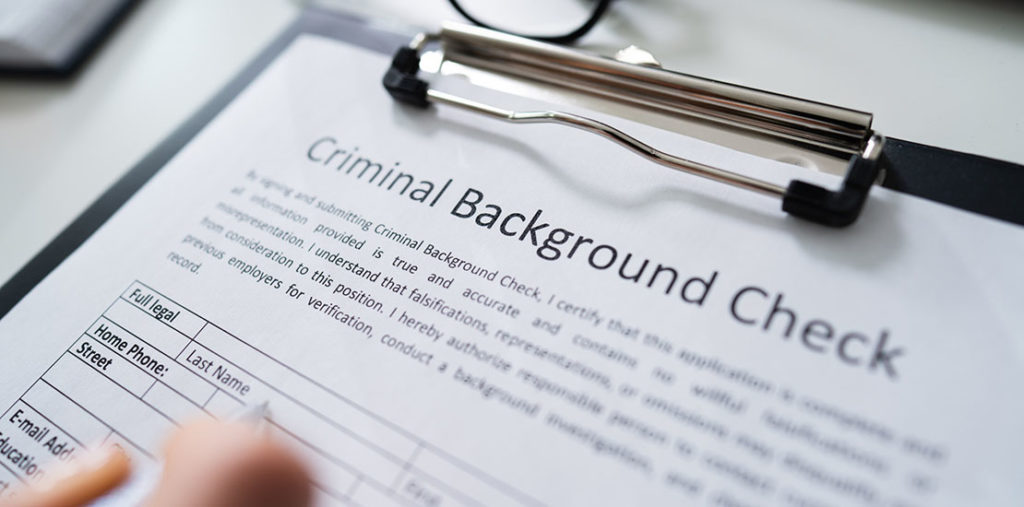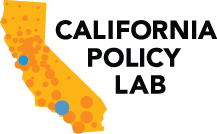
Criminal records have lifelong consequences for social and economic well-being. Clearance options are available for a broad range of arrests and convictions, but generally require a burdensome petitioning process.
Background
Criminal records result in lifelong collateral consequences, including dramatically reducing access to housing and jobs. The rise of background check services online has made criminal records widely accessible to employers and landlords. Though record clearance options are available for most arrests and convictions, uptake is extremely low. Obtaining relief generally requires people to navigate a burdensome and costly judicial process, and people are not alerted of their eligibility.
In 2016, Proposition 64 legalized marijuana in California and allowed reduction, dismissal, and sealing of certain prior marijuana convictions. Assembly Bill 1793, signed into law in 2018, required convictions eligible under Prop 64 to be automatically cleared by July 2020. A second bill, AB 1076, was passed in late 2019 and will extend automatic record clearance beyond marijuana convictions to arrests and convictions eligible under several existing record clearance laws. These include arrests that did not result in conviction, convictions that received a probation sentence, and misdemeanors and infractions that were not sentenced to probation.
Research Project
Status: ongoing
CPL is using criminal history data from the California Department of Justice to estimate the share of people with criminal records in California who are eligible to clear their records under existing record clearance laws.
The study has three primary objectives:
Objective 1: Analyze the implementation of California’s automatic record clearance policies and explore how changes to the eligibility, implementation and/or automation guidelines impact the number of Californians who receive record clearance relief.
Objective 2: Conduct qualitative research with affected communities on awareness of record clearance policies and perceived benefits of having a record automatically cleared.
Objective 3: Estimate the causal effect of providing automatic relief to all eligible arrests and convictions under petition-based laws, on public safety, employment and earnings, and take-up of safety net programs for eligible Californians
Research Team
Dr. Johanna Lacoe (Co-Principal Investigator), Professor Steven Raphael (Co-Principal Investigator), Professor Sandra Smith, Alissa Skog, Molly Pickard, Karla Palos Castellanos
Results
While the primary research publication is expected in 2023, a related paper, Racial Equity in Eligibility for a Clean Slate under Automatic Criminal Record Relief Laws, is now available.
